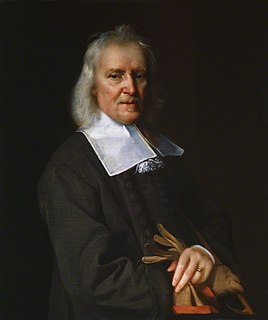A Quote by Izaak Walton
It was wisely said, by a man of great observation, that there are as many miseries beyond riches as on this side of them.
Related Quotes
Man is so great that his greatness appears even in the consciousness of his misery. A tree does not know itself to be miserable. It is true that it is misery indeed to know one's self to be miserable; but then it is greatness also. In this way, all man's miseries go to prove his greatness. They are the miseries of a mighty potentate, of a dethroned monarch.




































